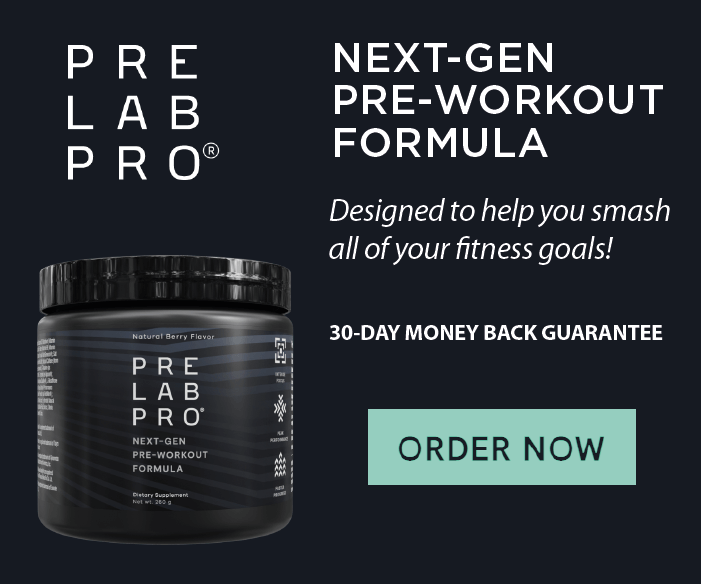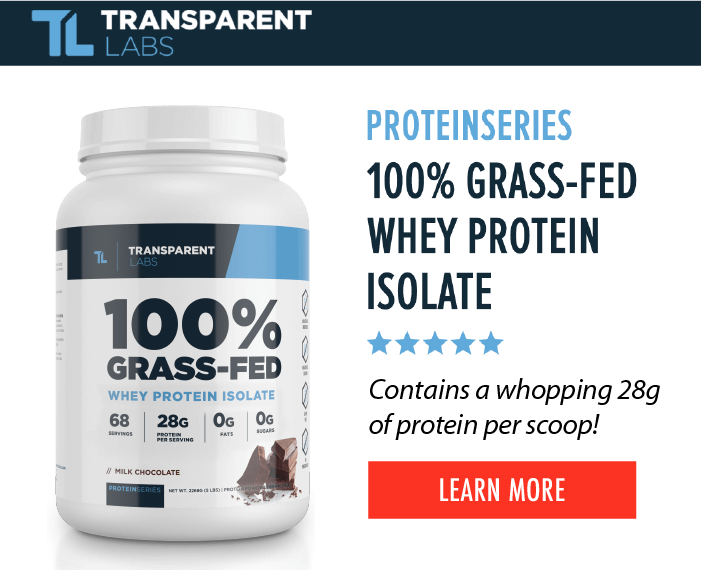Eat and Train like an Olympian
By: Martin Ebner
Have you ever wondered how Olympians train and eat in order to reach their peak physical performance just in time for their events? With so much pressure riding on each and every athlete taking part, finding the perfect training and diet plan is absolutely essential and could be what makes the marginal difference between last place and taking home the gold medal.
Now, you may not be aiming to break any world records in your lifetime, but that certainly doesn't mean we can't all learn and benefit from the training and nutrition habits from some of the world’s best athletes. Here are some of their top tips on how to maximize your diet and workouts for better performance.
Warm-up and cool down
Warming up and cooling down are just as important when it comes to an athlete's performance as the most intense portion of their workout. While you probably don’t have an hour on either side of your workouts, to improve mobility, performance and recovery, make sure to add a short warm-up and cool-down on either side of your workout.
How to warm up:
Dynamic warm-ups such as lunging, skipping, plank, and rotational exercises are great for coordination, flexibility, injury prevention and preparation for the workout ahead.
How to cool Cooldown:
Use a combination of stretching and flexibility exercises, foam rolling, and massage (If you can afford it). By having a cool down following a tough workout session, muscle pain will be reduced and your body will heal and recover more quickly than if you go from the finish line straight to the couch or office chair.
Train dynamically
Run, jump, hop, throw, spin and twist. If you tend to opt for fixed pieces of equipment that remove the balancing aspect of the exercises (smith machine, leg ext/curls etc) try using medicine/swiss balls and Kettlebells to incorporate rotational, diagonal and unilateral exercises into your workouts. These exercises will help and prepare you physically for whatever movements and challenges you’re faced with on an everyday basis.
Lift heavy
Now we’re talking! There’s an old misconception that lifting heavy makes you slow. In actual fact, it’s quite the opposite. By lifting heavy compound loads with explosive concentrics, you not only gain more mass and strength, you also achieve more speed and power too. Aim for 1-3 “big lifts” per week (think squats, bench press, and deadlift). 3-4 sets of 2-5 repetitions with 2-3 minutes rest between sets should do the trick!
Hire a coach / Personal trainer
Athletes are expected to perform, not to know how to design and understand the periodization of Macrocycles, Mesocycles and Microcycles for more effective performance. Research shows that by having a certified professional trainer by your side, you can drastically improve results. This applies to non-professional athletes and settings too.
All athletes have at least one coach to help them structure workouts, provide motivation and to offer support when they need it most.
Related article: Why you need a personal trainer
Hit the bars but not the alcoholic serving kind
There’s a reason that Urban calisthenics is hugely popular right. Not only does it look pretty damn cool, exercises like Pull-ups, muscle-ups and dips, to name a few, are all fantastic exercises for building superhuman strength in your core and upper body.
Train with a buddy
All athletes, regardless of their sport or event, train as part of a team. At the end of the day, the Olympics are as much a competition amongst countries as it is its athletes. Training with a friend, partner or as part of a group can offer motivation, accountability, healthy levels of competition and most importantly, fun - something that can often be lost when training regularly for a very specific event.
Related article: Life after sport: Fighting post-athlete depression
Exercise in the am
If you’re the sort of person that post 9 till 5 prefers a refreshing pint over a treadmill, it's time to rise and run. If athletes can do it, so can you! By training early in the day, there’s less distraction or excuses to not exercise later and the physical activity early on can leave you feeling energized throughout the entire day. You can also have that pint after work guilt-free!
Sleep
For any type of performance, not just physical, a good night’s sleep is absolutely essential. Many of us overlook sleep and sometimes even brag about not getting enough. The expression, “I'll sleep when I'm dead” comes to mind. The irony of that is that unless you make high-quality sleep a priority, you’ll be dead sooner. Mathew Walker, a renowned sleep researcher says, “Sleep is the single greatest performance-enhancing drug that most people are neglecting in sport”. I think that says it all really!
Related article: How sleep affects athletic performance.
“Sleep is the greatest legal performance-enhancing drug that most people are probably neglecting in sport.”
Mental Preparation
If you think you’re stressed at work, you cannot even begin to imagine the amount of pressure placed on these young athletes to perform at the highest level. Envision training for 4 years for a 10-second race. Scrap that. Imagine training your entire life for a 10-second race. The very thought of it terrifies me!
We can all benefit from better mental health. A few simple methods that can help athletes prepare mentally are visualizing success, reading inspirational stories, using motivational quotes that apply to them, and of course working with a trained mental health specialist or performance coach.
How to eat like an Olympian
Now that we’ve touched on how to train like an Olympian, it’s time to focus on how to eat like one. If the body of an athlete is their machine, their nutrition is the fuel. One without the other, won’t work.
Now before we dive in. It's important to note that not all athletes are built equally and calorie consumption varies tremendously between the different athletes. Michael Phelps' 10,000 + calorie-a-day diet would probably be of little use to Equestrian athletes like Nicolas Astier. However, regardless of calorie consumption, all athletes share some basic principles that we can also benefit from.
Eat little and often
Maybe not little in an Athlete's case but certainly often. If you currently eat 2-3 big meals a day, you may want to consider swapping it up for 5-6 smaller meals. You’ll put far less stress on your digestive system which will help prevent energy slumps and lethargy following meals. We certainly can’t have that, can we Usain Bolt!!
Eat organic
Yes it’s more expensive, but for Athletes that have to perform regular tests for performance-enhancing drugs, eating organic is a safe way to prevent them from ingesting any unwanted hormones, antibiotics, drugs and a host of other nasty chemicals that can be found in the vast majority of commercially produced products. Not only that, but organic foods tend to be of higher quality and contain more nutrients, vitamins and minerals.
See: How to Combat the Nutritional Decline of Fruits and Vegetables
Eat before and after training sessions
Food is Fuel. Especially before and after a race. If the tank is half empty on the start line, your performance will likely suffer! To ensure optimum performance come race day, it’s crucial to eat well before and after (In some cases, even during) your workouts. What you eat in the time surrounding your training sessions plays a decisive role in the effectiveness of your results and your performance.
If you struggle to exercise after eating or can’t stomach anything immediately following your workouts, you may want to consider supplements. Performance Lab is one of our favorite plant-based supplement brands. All of their products are all-natural and banned substance tested, a very important factor if you’re an athlete and/or compete at a professional level.
Eat a balanced diet
This goes without saying. Our bodies require all of the essential nutrients, minerals, and vitamins to function properly. Remove just one single ingredient and it can wreak havoc on not only our ability to compete but on our overall wellbeing too. By eating a variety of healthy carbohydrates, proteins, and fats, you’ll provide your body with everything that it needs to perform at the highest level.
If you struggle to get everything you need nutritionally from diet alone, you may want to consider taking supplements. Performance Lab offers a fantastic range of vitamins and minerals for optimal health.
Hydrate Hydrate Hydrate
Hydration is essential not only for sports performance but in every aspect of your life. Without water, your body cannot function. Water lubricates your joints, transports nutrients around the body, and regulates your body temperature. Just 1% dehydration can reduce physical performance by up to 20%. A big No-No for Olympians!
To avoid dehydration during your workouts, Consume 500ml of liquid per 1 hour of exercise.



